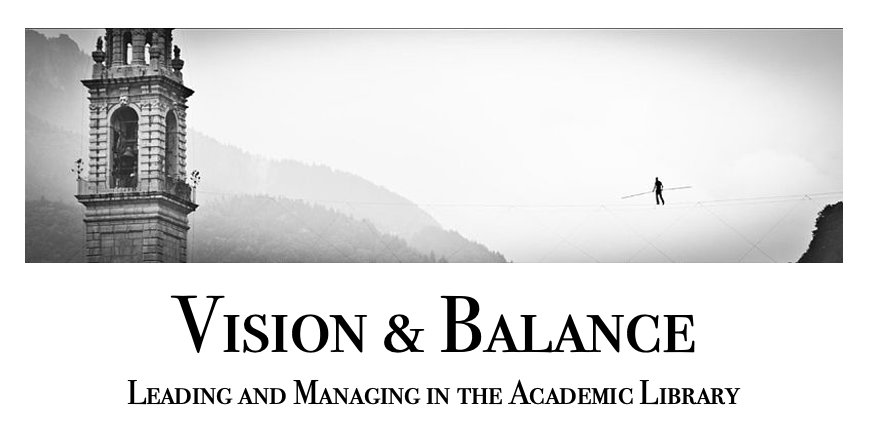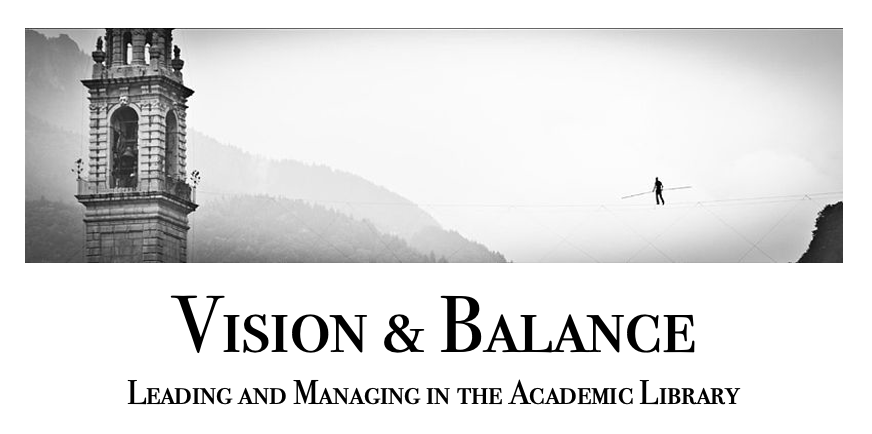I Must Use This Power Only for Good
When you're a library leader, you often have the right to make more unilateral decisions than it would be wise for you to make. What principles underly the effective exercise of executive power?

As a library director, I spend a lot of time making decisions.
Actually, let me rephrase that: as a library director, I spend a lot of time engaged in decision-making processes. I make very few decisions on my own.
Sometimes, I sense, this makes my leadership team a little bit confused and maybe even a bit frustrated. I can't count the number of times someone has reminded me "Rick, this is your decision." And they're right! My position in the library vests a power in me that I don't exercise very often at all: the power to make unilateral decisions on important, library-wide matters. In fact, even our Administrative Council (AC), which we describe (and which functions) as the library's decision-making and policy-approving body, functions in an advisory role to me; I can override any decision that AC makes.
And yet, in four and a half years, I have never done so once – and I both hope and expect that I'll complete my tenure in this library without ever having overridden an AC decision. I have also never (yet) unilaterally imposed a policy of my own invention; when I believe we need a new policy or that we need to amend an old one, I bring a proposal to AC just like anyone else, and we discuss and vote on it there.
